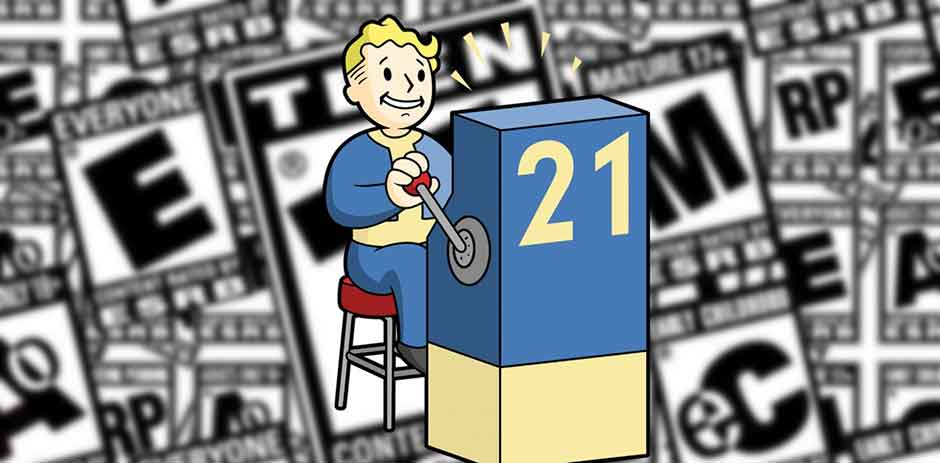Loot Boxes Constitute Gambling, New Study Finds

There has been a raging debate over whether or not loot boxes are a type of gambling. While some countries have already taken stands in as far as the issue is concerned, many other places are still in limbo primarily because rules and regulations have not been set with regards to loot boxes. Fortunately, a number of jurisdictions are in currently reviewing the matter with and soon both the industry stakeholders and the consumers will be aware of what the relevant authorities perceive the controversial in-games items as.
That said, a recent development has just tipped the scales in favor of gambling thus balancing the scales have not been evenly balanced since the debates over the issues began. According to a recent study, loot boxes do indeed have a “clear link” to gambling.
Conducted by researchers from the University of British Columbia (UBC), the study found unmistakable proof that people who regularly purchased loot boxes are more inclined to ignore gambling addiction – in fact, these people were even more likely to shrug gambling addiction off as a non-issue.
How They Arrived at the Results
The study involved a sample group of 257 individuals who were divided into two groups – the first group comprised of online gamers from the United States while the second group constituted undergraduate students. All the participants were handed questionnaires which include entries concerning loot boxes and the answers that they provided were then tallied and compared to some information that constitutes the basic criteria used to determine problem gambling.
At the end of the study, it was found that the majority of the participants found that loot boxes did indeed constitute gambling. In addition to that, most of the participant also admitted that they were gambling whenever they used loot boxes while 49.3% of the gamer group and 60.3% of the undergraduate group added that they would spend cash for the same loot box activities.
Bill Banning Loot Boxes Introduced in the United States
Senator Josh Hawley (R-Mo.) has recently announced his plans to introduce and champion a bill known as “The Protecting Children from Abusive Games Act” which is aimed at targeting the “exploitation of children through ‘pay-to-win’ and ‘loot box’ monetization practices by the video game industry.”
In summary, the proposed bill is targeting the so-called “pay-to-win” mechanics which “manipulate a game’s progression system… to induce players to spend money…” or which alter the “competitive balance between players of multiplayer games.”
The bill is set to be the most monumental federal action on randomized loot boxes in the United States since the issue came to light back in 2017.




